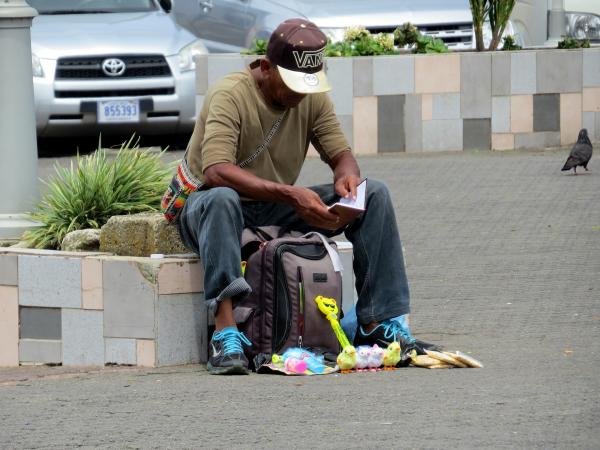“The researchers instead referred to obesity as a complex, chronic condition, and they were meeting to get to the bottom of why humans have, collectively, grown larger over the past half-century. To that end, they shared a range of mechanisms that might explain the global obesity surge. And their theories, however diverse, made one thing obvious: As long as we treat obesity as a personal responsibility issue, its prevalence is unlikely to decline.”
At ACSH, we have argued for some time that there is no one factor to explain our expanding waistlines. While we believe that there is always a degree of personal responsibility to our health, either in the cause or treatment, we have never pushed the belief that THE cause was willpower. Nice to see that the New York Times, in its reporting on a recent Royal Society meeting, has come around, Scientists Don’t Agree on What Causes Obesity, but They Know What Doesn’t
“Every so often, San Francisco hands a flawless script to the nation’s right-wing blowhards and fulminating keyboard warriors, pins a “kick me” sign to its posterior and assumes the position. We can’t help it. …
The latest flawless San Francisco script came neatly delivered on Nov. 21, when news broke that the city’s Election Commission had declined to preemptively re-up long-serving elections director John Arntz and instead moved to open up a competitive process for the job that he was invited to participate in.”
Should recognized, demonstrated competence be ignored for the sake of diversity? From the city by the bay, a look at a controversy in San Francisco, that echoes nationally, or should. From Mission Local, The real lesson of L’affaire John Arntz: Competence doesn’t matter in SF
I grew up in Los Angeles and have memories of going to Disneyland within a year of its opening and many times since. This paragraph brought up a wealth of memories,
“Entry to the park in 1955 was $1.00 ($0.50 for kids), but this did not include any of the rides. To board the rides, you needed to buy a $2.50 ticket book, which included eight tickets. But your $2.50 didn’t get you any eight rides. Disneyland’s 33 rides were each classified by how intense or desirable they were, with the least intense rides grouped as “A-Ticket attractions” and the most daring thrill-rides classed as “C-Ticket attractions” (“D-Ticket” attractions were inaugurated the next year, while “E-Tickets” were born in 1958).”
Today a single ticket to the park is $109. From Cory Doctorow, an essay on those tickets and what losing them meant, Boredom and its discontents (Part II)
I have found the autonomous mode of Tesla cars to be problematic, but should I widen my concern to all of those new vehicles that are more and more computers on wheels than cars with a radio?
“Pfluger highlights in his letter that China could use “autonomous and connected vehicles as a pathway to incorporate their systems and technology into our country's infrastructure.” The United States, like most of its allies, has already banned Chinese corporate giant Huawei from building 5G infrastructure, but these next-generation vehicles would have access to an unprecedented number of emails, messages, and phone calls, and would effectively be moving cameras, capable of photographing an array of critical infrastructure.”
From Wired, Autonomous Vehicles Join the List of US National Security Threat




